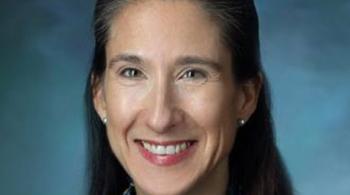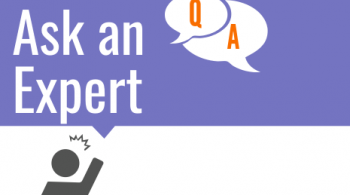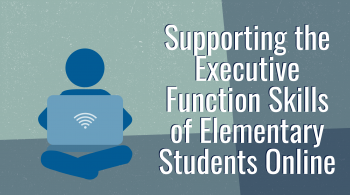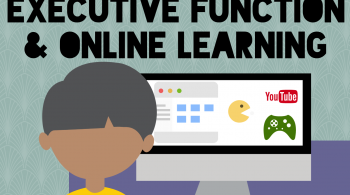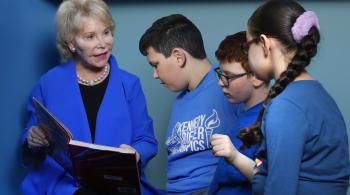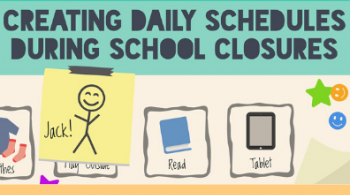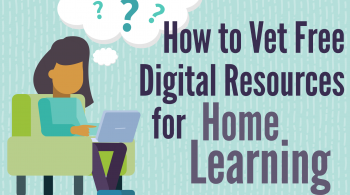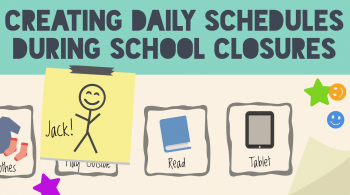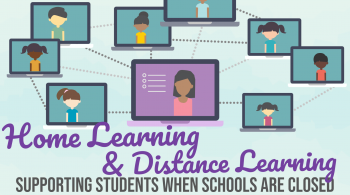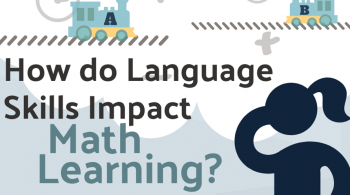February 21, 2017
Lisa Carey recently interviewed Claire Holmes, Towson University Education Librarian and liaison to the Towson University Special Education Department to discuss ways for educators to gain access to high-quality research information.
LC: Under the Every Student Succeeds Act (ESSA, 2016) schools and school systems can independently decide how to improve student achievement. However, intervention plans must be evidence-based practices. Evidence-based practices are defined in the legislation as practices and interventions that are supported by research science. We now have an even bigger need for teachers and school leaders to utilize research. How can practicing educators go about accessing high-quality information?
CH: Educators face some barriers to being able to access quality reports on research. Those barriers typically take the form of pay walls. The publishing world and the scholarly information databases protect research information by requiring subscriptions. This means libraries are often the primary portal for research.
Current undergraduate and graduate education students with library memberships have the best access to scholarly writing. Some colleges and universities, such as Towson University, have libraries that are open to the community. This means people who are not students can use any of the databases that we have. (The Education Research Complete database is my number one recommendation). The public is also welcome to download any information they may find. But commonly, remote online access to databases is restricted to students of the university.
LC: So, if you live in physical proximity to a college or university, you might be able to go to their library and conduct research?
CH: Yes. But, we should also consider that there is a growing open access publishing movement. The movement is manifesting through publishers providing online open access to scholarly work and individual institutions being able to feature the academic scholarly work of their faculty in an open access way. Increasingly, we are finding scholarly work on the open web. One way to access this open source information is through Google Scholar. If you know of a particular researcher and you wanted to find their work, you might also try going to their institution and seeing if they provide open access to their published work.
For teachers who may not have open access to a university library, or may not have the flexibility in their schedule to physically visit a library, open access journal articles are a good source of information. Using Google Scholar and Google Advanced search engines can be helpful. You can also go directly to professional associations. For example, you might go to the Council for Exceptional Children or the National Council for the Teachers of Mathematics. These websites offer access to scholarly research and increasingly host their own content.
ERIC (Education Resources Information Center) is the government source for education research. There are some barriers to accessing full text, but it is possible to get citations and abstracts and use those to conduct a more focused open web search through Google Scholar or Google Advanced Search.
Teachers can also check what database subscriptions their local library holds. Inter-library loan is also a possibility. To some degree, our university library works with local community libraries through interlibrary loan.
LC: What tips do you have for vetting the content for accuracy when searching for research information on the open web?
CH: We use and teach a lot different techniques. For both undergraduate and graduate education students, we try to help them make judgments about their sources of information. We teach our students to ask a few question
- How do we evaluate the source of the information or the authority of the author?
- How do we determine if the research is current, relevant, and accurate?
- Where does it fit within the scheme of purpose?
Some of it is rather easy – it just takes a bit of extra time. For example, we encourage everyone to search for information about the author of the articles they find. If that person is an expert in a given field, their CV would potentially show up, as well as information about where they work—where they conduct their research. Some evidence should exist that the author has expertise in a particular area.
Checking copyright dates and webpage publication dates and evaluating the quality of the publication can also assist in vetting the information.
LC: In speaking with teachers about barriers they face to using research to inform their practice, they identified two main problems. The first was access, which you just talked about, and the second was time. In the interest of time, many teachers turn to blogs and podcasts for information that is digestible and action-oriented. How can teachers know if the non-scholarly sources they use have reliable information?
CH: Blog format has certainly come a long way from its original form and is now considered a legitimate form of information, albeit an informal one. The writing style of blogs can be much more accessible than scholarly work, making it faster to read. And there are many high-quality blogs available that translate scholarly work into quick briefs.
You can learn more about the legitimacy of the blog by examining the organization and individual authors who publish the blog. Blog posts that have the hallmarks of scholarly research are those that provide an informal literature review, citations to prior work in the field, and citations to other researchers doing similar work. It’s possible to find information about the citations used in the blog posts on the open web, even if the whole article isn’t accessible. Finding more information about where something has been published is also helpful for learning more about the origins of the information.
LC: Thank you for sharing these great ways to check on your sources of information for accuracy and authority. Since we are writing for an audience of teachers, I’m sure they would love to know how to teach these skills to students.
CH: I’m glad you asked that! At Towson University, the library faculty take the responsibility of teaching research and critical thinking skills to our current and future teachers very seriously because we know these skills are then passed on to students. We want to build competence and confidence in teachers as researchers because it is the first step in being able to teach these skills to others.
There are some really great tools that help break down the research process for learners of all ages. Explore the use of keyword language in search engines and critical thinking and evaluation skills and build good information literacy and digital literacy skills. Common Sense Media is a great tool that offers an educators component and has amazing pre-loaded curriculum for teaching K-12 students about digital citizenship and research skills.




